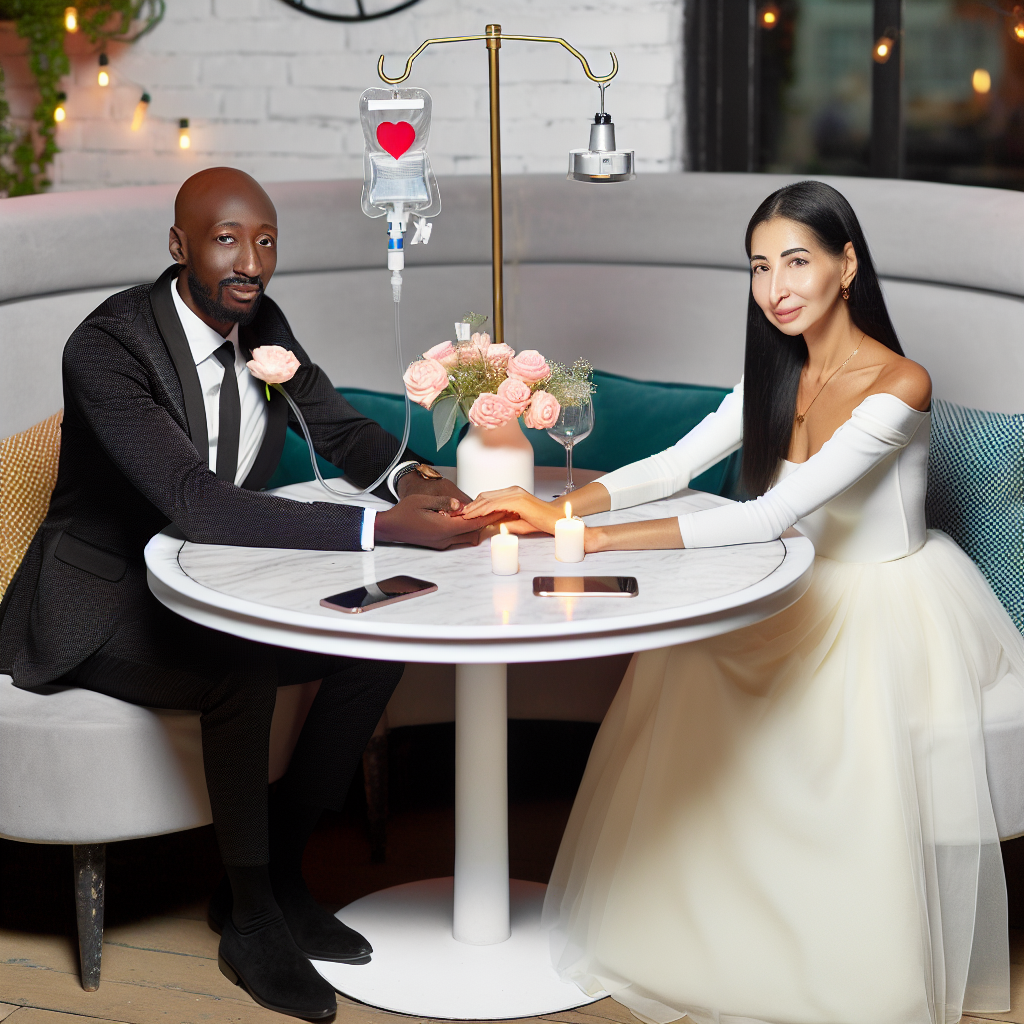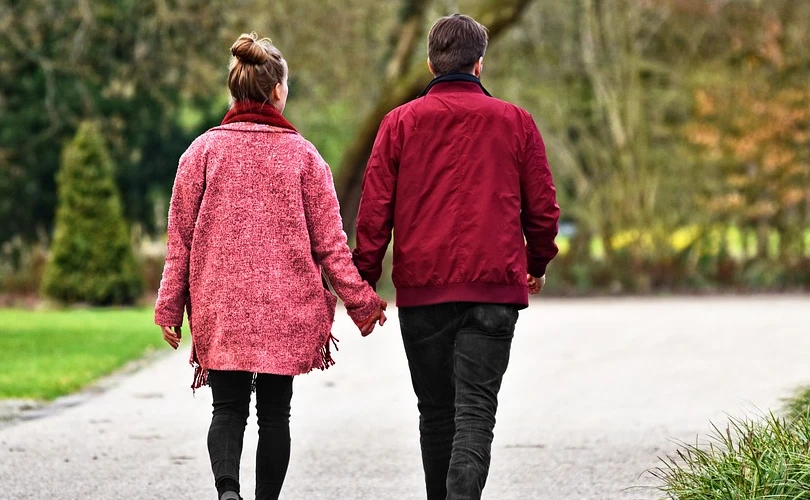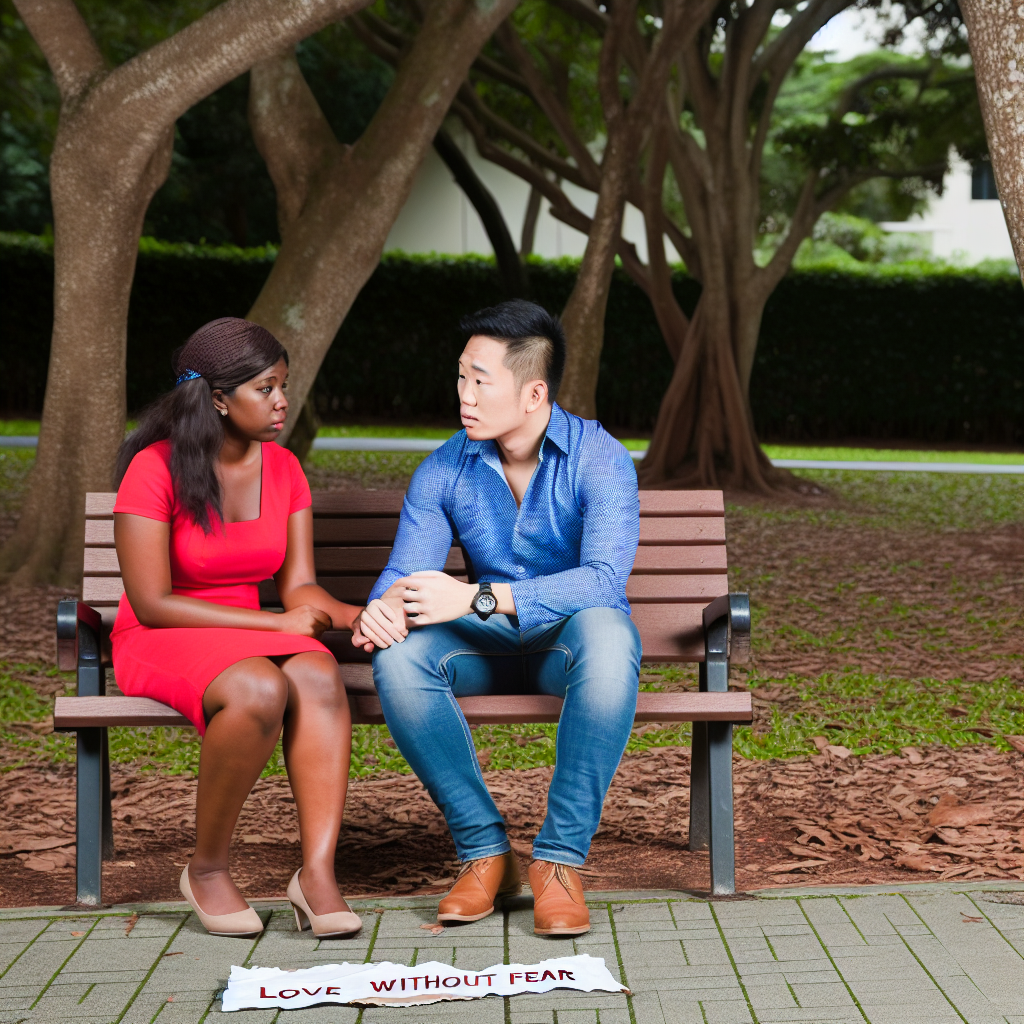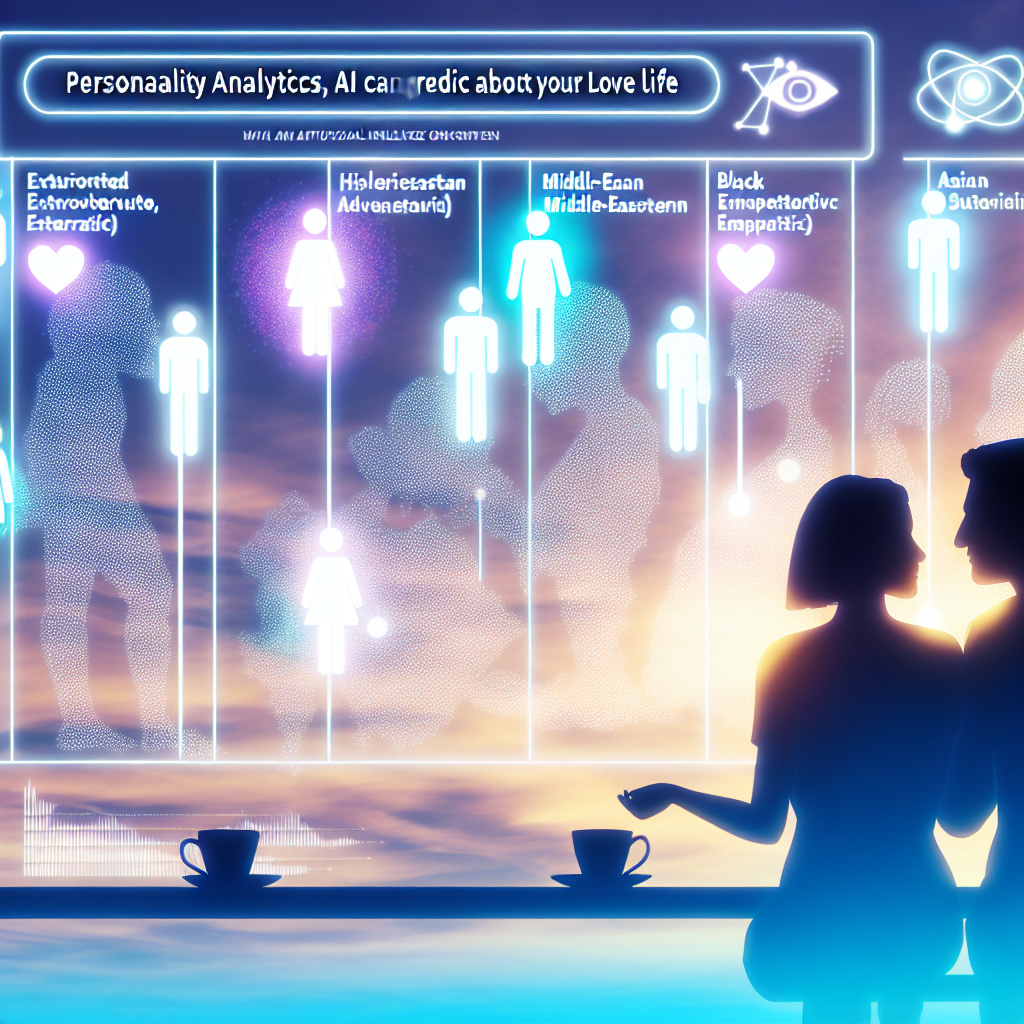Here is the blog post with the requested changes:
Dating During Cancer Treatment: Love and Health in Harmony
Finding connection and companionship while fighting cancer is not only possible—it can be deeply empowering.
Love and Diagnosis: A New Kind of Romance
Dating can be a thrilling venture—filled with anticipation, vulnerability, and emotional growth. But when you factor in a cancer diagnosis or undergoing active treatment, the world of romance can suddenly seem much more complex. Whether you’re in your 20s, just beginning to discover what love is, or in your 70s and re-entering the dating pool after a significant life change, navigating the search for companionship during cancer treatment presents unique challenges—and opportunities.
Cancer affects every part of a person’s life, including their self-image, energy levels, and perspective on the future. For many, dating becomes less of a priority during treatment, but for others, maintaining or building romantic connections is a significant source of emotional support and resilience. In fact, research has shown that supportive relationships can contribute positively to cancer outcomes and quality of life.
There’s no one “right” way to date while undergoing treatment—some people are open about their diagnosis from the start, while others may prefer to wait until deeper trust is established. There’s no shame in either approach. What’s important is establishing a pace and level of honesty that feels authentic to your experience. Releasing fears of rejection and instead focusing on mutual respect, open communication, and emotional safety will make a difference in how these new connections affect your sense of well-being.
Additionally, the psychological benefits of dating—such as boosted self-confidence, reduced loneliness, and an increased sense of identity—can be particularly essential during vulnerable times. Dating while managing a serious illness can foster a deeper appreciation for meaningful human connections and help those affected feel more “normal” in a world that suddenly feels upside-down.
Whether you’re considering reentering the dating world for fun, love, or companionship while in cancer treatment, know this: you are not alone. Many have walked this path—learning how to balance their heart’s desires and health needs with resilience and grace.
The Science Behind Love: Medical & Emotional Perspectives
Medical and psychological studies offer valuable insights into how dating and romantic relationships interact with cancer treatment. Among the broad consensus in the clinical community is the idea that emotional support, particularly from a romantic partner, can increase quality of life and may even improve health outcomes. According to a study published by the Journal of Clinical Oncology, married cancer patients had higher survival rates compared to unmarried ones. This suggests that emotional and social support—often derived from romantic relationships—can be a major contributing factor to recovery and longevity. [Read the study](https://ascopubs.org/doi/full/10.1200/JCO.2013.51.6212).
Furthermore, the National Cancer Institute (NCI) identifies emotional well-being as a crucial component of cancer care. Patients who experience positive mental health tend to respond better to treatment and have improved post-treatment recovery outcomes. Dating, when approached thoughtfully, can enhance emotional health by combating isolation, increasing feelings of self-worth, and restoring a sense of identity outside the cancer diagnosis. [Explore NCI’s emotional wellness tips](https://www.cancer.gov/about-cancer/coping/feelings).
However, dating during cancer treatment isn’t without its complexities. Fatigue, side effects from chemotherapy or radiation, and shifting schedules for doctor visits can interfere with conventional romantic activities. These practical limitations often require open communication with a partner or date, who may need understanding and flexibility.
Let’s Talk Intimacy: Navigating Physical and Emotional Closeness
Sexual health is another area that may be impacted during and after cancer treatment. The American Cancer Society indicates that treatments like surgery, chemotherapy, or hormone therapy can lead to changes in libido, physical discomfort, or emotional vulnerabilities affecting intimacy. But here’s the good news: many oncology centers now offer sex therapists, counselors, and relationship experts who specialize in helping survivors and patients adjust. [Learn more about sexual side effects and support](https://www.cancer.org/treatment/treatments-and-side-effects/physical-side-effects/fertility-and-sexual-side-effects.html).
These services help normalize the emotional shifts and physical changes that can affect sexual expression, and they offer guidance for navigating these sensitive conversations with prospective or current partners. Communication, patience, and compassion become key when exploring physical closeness during and after treatment.
You’re Not Alone: Finding Support and Shared Stories
Importantly, individuals undergoing treatment need not shoulder these challenges alone. Resources like cancer-specific support groups and online forums such as CancerCare and IHadCancer.com provide guidance, personal stories, and community tailored to dating and intimacy struggles.
These platforms often reveal a powerful truth: love, understanding, and connection remain entirely possible—even amidst health crises. Many people living with cancer have discovered beautiful and meaningful relationships in part because they led with vulnerability and authenticity.
Conclusion: A Journey of Courage, Connection, and Self-Worth
Dating during cancer treatment is undeniably nuanced, but it can also be profoundly fulfilling. By prioritizing honest communication, self-awareness, and emotional readiness, singles can forge meaningful romantic connections that inspire strength and togetherness. Through vulnerability, many find a deeper level of intimacy—proving that love doesn’t wait for perfect timing; it thrives in authenticity, compassion, and hope.
Whether you’re seeking companionship or a life partner, the balance of love and health is reachable, and you are deserving of both.
References
- Journal of Clinical Oncology: Marriage and Cancer Survival
- National Cancer Institute: Emotional Well-Being Guide
- American Cancer Society: Sexual Side Effects and Support
- CancerCare – Support for Cancer Individuals
- IHadCancer.com – Peer Support Community
Concise Summary:
Dating during cancer treatment can be a complex yet deeply fulfilling journey. By prioritizing honest communication, self-awareness, and emotional readiness, individuals can forge meaningful romantic connections that inspire strength, togetherness, and a renewed sense of identity. Resources and support are available to help navigate the unique challenges and opportunities that arise when love and health intersect.

Dominic E. is a passionate filmmaker navigating the exciting intersection of art and science. By day, he delves into the complexities of the human body as a full-time medical writer, meticulously translating intricate medical concepts into accessible and engaging narratives. By night, he explores the boundless realm of cinematic storytelling, crafting narratives that evoke emotion and challenge perspectives. Film Student and Full-time Medical Writer for ContentVendor.com




